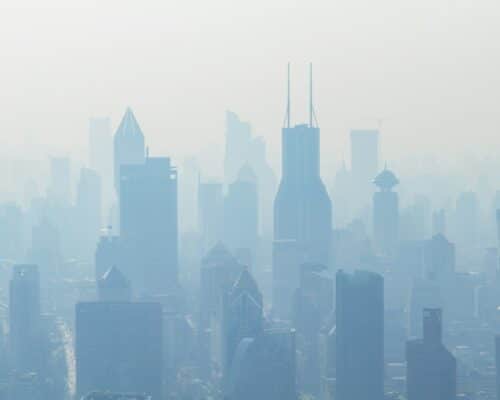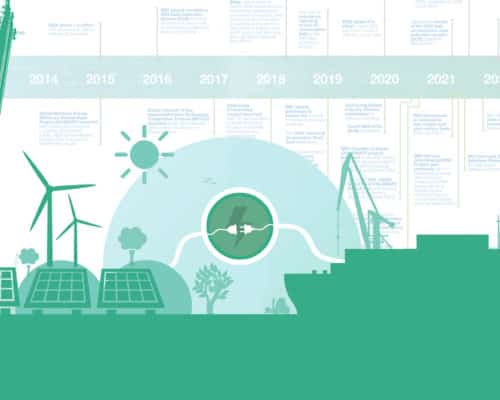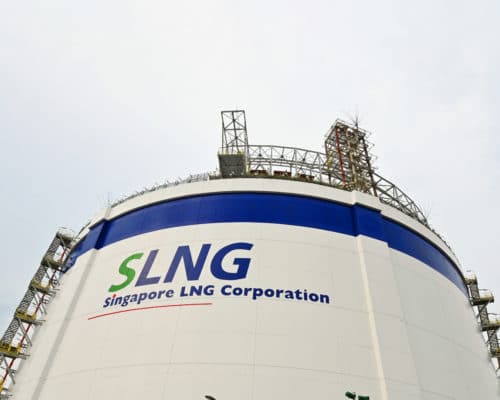Singapore

Climate Tops Voters’ Priorities As Asia Pacific Braces for 2025 Elections
The elections that are about to take place all over APAC in the upcoming months provide candidates with an opportunity to acknowledge ambitious climate and emissions reduction action not only to appease climate voters but also to guarantee economic growth, energy security and better handling of the cost-of-living crisis.
Climate Change in Singapore: Impact, Response and Goals
Singapore's location and geography make it highly susceptible to the impacts of climate change. As a result, the country is implementing a wide array of policies to reduce its greenhouse gas emissions and prepare for predicted future climate impacts.
Renewable Energy in Singapore: Sources, Plan and Strategy
Over 95% of the energy currently consumed in Singapore is from LNG and oil. However, the country has robust renewable energy targets for the next several decades, largely driven by local solar energy production and importing clean energy from neighbouring countries.
Top Energy Companies In Singapore 2024
Singapore's energy mix heavily favours fossil fuels, but the country is aiming to change this. As a result, several of the leading energy companies in the country are developing renewable energy projects. This will likely be spurred on by government subsidies and favourable policies in the coming decade.
Top 10 Oil And Gas Companies In Singapore [2024]
Oil and gas companies have long been a significant economic pillar in Singapore's economy. The country is the major thoroughfare and hub of fossil fuels in Asia. Most of the largest international fossil fuel companies have offices in Singapore, but there are also several major local companies. How will these businesses fare now that the energy transition is underway?

False Solutions to Climate Change Promoted in Southeast Asia Pose Various Risks
Instead of helping Southeast Asia wean itself off fossil fuels, ammonia-hydrogen co-firing solutions and CCS risk perpetuating their use and locking climate-vulnerable countries into a future of high emissions, air pollution and ecosystem disruption.
Rent-to-own Solar Panels for Home in Singapore
Singapore has lofty renewable energy and solar capacity targets. However, the country has limited available land and will need to harness residential structures to meet its goals.

Is There a Future For Wind Turbines in Singapore?
Singapore has many road blocks in adopting low carbon energy, one of which is the lack of viability for wind turbines. The country's most efficient renewable energy option is solar energy. However, even solar faces its own challenges – mainly limited land. As an alternative, Singapore is looking toward its neighbouring nations to import low-carbon energy in pursuit of its net-zero goals.
Are Exxon’s Asian Carbon Capture Intentions Genuine?
Exxon's carbon capture plans are grand. They hinge on developing an extensive CCS network centred in Singapore, connecting with the surrounding countries. Ultimately, this will facilitate the adoption of carbon capture in Southeast Asia and place Exxon at the centre of this growing market.
Does Wind Energy Have A Place In Singapore?
Singapore has grand plans for its renewable energy transition. This will primarily focus on domestic solar generation and the importation of renewable energy from neighbouring countries. Additionally, wind energy will likely have a small role to play. As low wind speed turbine technology improves, wind energy will become more viable for local generation.
Solar Power in Singapore: A Shining Energy Source
Singapore is working to meet 28% of its peak power demand with solar energy by 2030. The country chose solar as its main renewable energy focus due to its high levels of solar irradiance and limited land area. To meet these targets, Singapore will need to invest in innovative approaches to harness its solar power, like floating PV systems.

Singapore LNG Hub for Asia: What are the Plans?
Singapore has historically been a hub for petroleum in Asia, acting as a market between the east and the west. With LNG demand surging, they are hoping to play the same role for LNG.
Energy Transition in Singapore: A Renewable Energy Leader in Asia
The WEF's 2021 Energy Transition Index puts Singapore as the highest rated country in Asia. Despite the country's lack of resources, they have developed a unique strategy focusing on clean energy. Here's a look at how Singapore does it.
Most Popular
Categories
-
9
-
33
-
126
-
4
-
17
-
43
-
52
-
11
-
10
-
15
-
24
-
6
-
6
-
250
-
196
-
14
-
23
-
1
-
1
-
23
-
38
-
42
-
84
-
18
-
82
-
41
-
17
-
10
-
40
-
43
-
86
-
284
-
21
-
40
-
35
-
10
-
41
-
36

